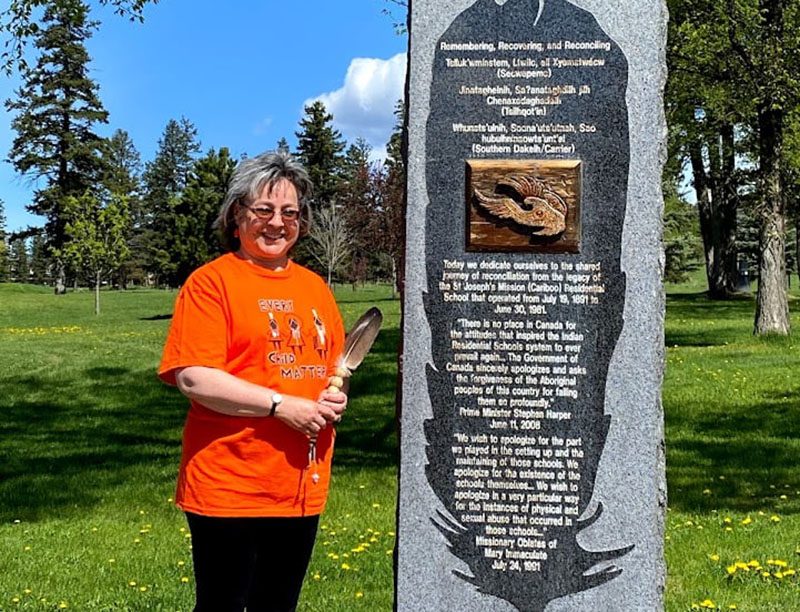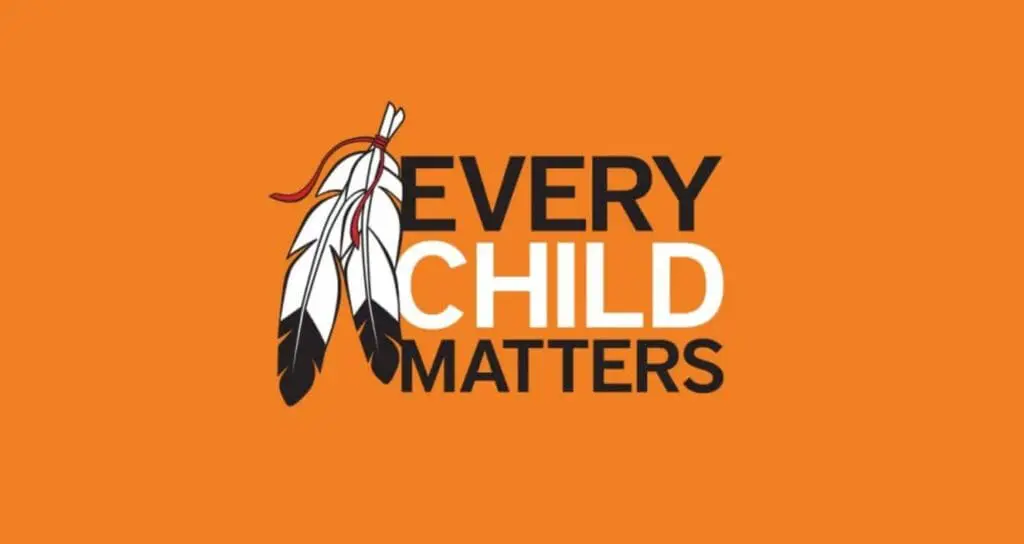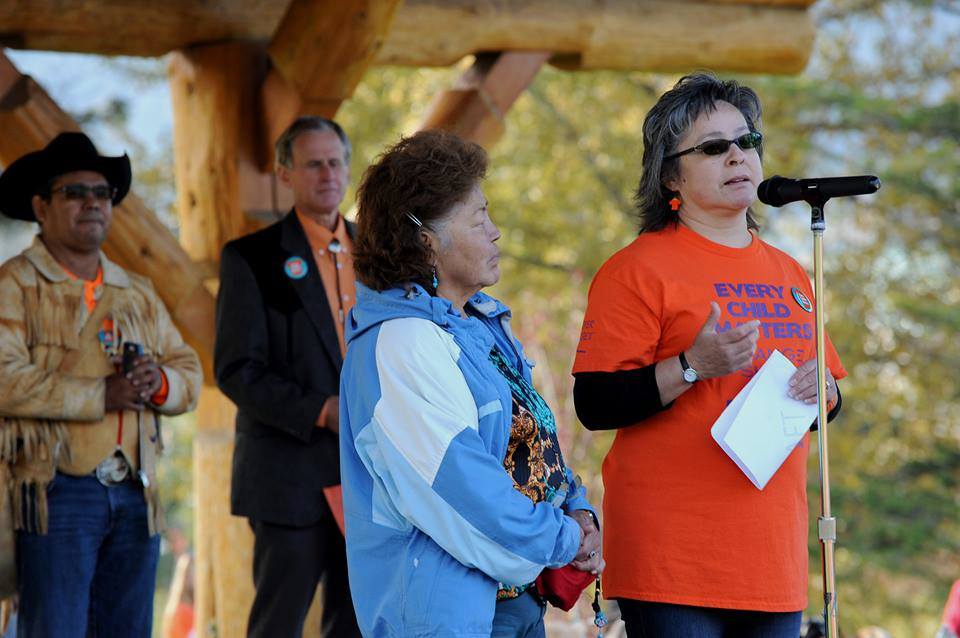Every year on September 30, Canadians pause to observe Orange Shirt Day and the National Day for Truth and Reconciliation. It is a time to honour the children who never returned from residential schools, to stand with survivors and their families, and to commit ourselves to reconciliation in both words and action.
In 2025, this day and the surrounding Truth and Reconciliation Week carry added weight. It marks the 10th anniversary of the Truth and Reconciliation Commission’s (TRC) Final Report and its 94 Calls to Action. This milestone invites us to reflect on the journey Canada has taken since those Calls were issued and to consider how far we still must go.
Looking Back: The Mirror of Truth

The National Centre for Truth and Reconciliation (NCTR) describes this year’s theme as both a mirror and a map. The mirror requires us to look honestly at our past and measure the progress we have made. While commonly referred to as Orange Shirt Day, it is an innocuous and symbolic name for much darker truth of Canadian history.
The TRC’s Calls to Action were intended as a blueprint for systemic change, covering child welfare, education, health, justice, commemoration, and more. In the decade since, progress has been uneven. Some commitments have advanced – such as funding for language revitalization programs and the establishment of the National Day for Truth and Reconciliation itself. Yet many Calls remain unfulfilled, especially in critical areas like equitable access to education, closing gaps in health outcomes, and reforming the justice system.
The mirror shows us both the steps forward and the unfinished work. It reminds us that reconciliation is not a single act but an ongoing responsibility requiring accountability, collaboration, and compassion.
Looking Ahead: The Map Toward Justice and Compassion

Just as the mirror represents reflection, the map represents direction. Truth and Reconciliation Week 2025 is framed as a guide toward the future we must create together: a just and compassionate Canada. The TRC’s Calls to Action remain that map, pointing the way forward.
The symbolism of this year’s official visuals speaks powerfully to this journey. The eagle, narwhal, and beaded flower represent the First Nations, Inuit, and Métis peoples. The circle at the centre embodies unity, while the pathway running through it represents reconciliation as an ongoing process, not a destination. The stars remind us of the children who never came home, grounding all our efforts in remembrance and responsibility. And the colour orange – born of survivor Phyllis Webstad’s story – stands for truth-telling and healing.
Together, these symbols remind us that reconciliation is not abstract. It is a shared journey, rooted in respect for Indigenous cultures and lives, and illuminated by the responsibility to protect and nurture future generations.
The Work of Reconciliation Belongs to All of Us

The TRC’s 94 Calls to Action were never meant for governments alone. They were written for all Canadians – educational institutions, faith communities, corporations, and individuals. Each of us has an important role to play in ensuring that reconciliation is more than a word, but a practice.
This may mean taking time to learn the truths of residential schools and their lasting impacts, supporting Indigenous-led organizations and businesses, advocating for policy changes, or simply engaging in meaningful conversations within our communities. Reconciliation is most powerful when it moves from symbolic recognition to tangible action.
ABM College’s Commitment to Reflection and Respect
At ABM College, we recognize that education is central to reconciliation. Knowledge fosters empathy, and empathy drives change. In observance of Orange Shirt Day this year, our community paused together in remembrance and solidarity.
In recognition and respect, numerous ABM staff wore an orange shirt as a visible sign of support. Orange T-shirt cutouts were available at the reception desk. Staff, students, and faculty were encouraged to write messages of hope, remembrance, or solidarity on those cutouts. At noon, we gathered in the lounge to place those messages on our community display, creating a collective symbol of unity and respect.
These gestures may seem small, but they are part of a much larger journey – one that acknowledges truth, honours survivors, and reinforces our commitment to walking together toward reconciliation.
A Decade Later, the Journey Continues

Ten years after the TRC’s Final Report, we are reminded that reconciliation is not linear. It is a path marked by progress, setbacks, and renewed commitments. Truth and Reconciliation Week and Orange Shirt Day asks us to look into the mirror, seeing clearly where we have been, while also trusting the map that points us toward a more equitable future.
On Orange Shirt Day 2025, let us reflect on the children lost and the survivors who carry their stories, but also let us commit to action – big and small – that moves us closer to the compassionate Canada we all must build together. Till all are one.
Contact us to learn more.
Read more trending blogs.
About The Author

Content Editor & Writer, ABM College
As Content Editor at ABM College in Calgary, Alberta, Stephen plays a key role in advancing the college’s mission to provide relevant, high-quality training for today’s job market. He ensures all blog articles and web materials are accurate, clear, and genuinely useful for students, career changers, and industry professionals.
Stephen is also the author of a best-selling historical reference series documenting decades of computer and video gaming history — a body of work recognized by the Canadian Choice Awards.
Connect with Stephen on LinkedIn, explore his published works at Falcon Designs, or see his editorial expertise in action on the ABM College Blog.
